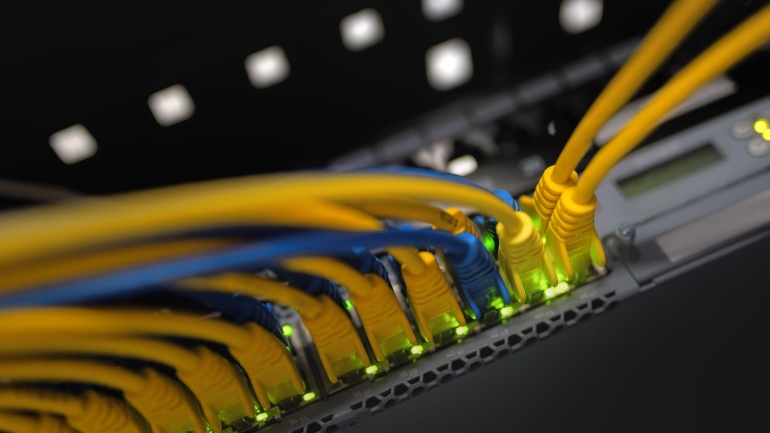Millicom International Cellular is acquiring Telefonica’s Colombian operations for $400 million, including a 67.5% stake in Coltel. The deal, pending regulatory approval, could reshape the telecom sector by merging Colombia’s second- and third-largest mobile operators.
Zegona Communications and MasOrange have launched FibreCo, a groundbreaking venture poised to revolutionize Spain’s fibre infrastructure by potentially covering 12.2 million premises. This collaboration integrates their FTTH networks, aiming to establish the largest FTTH network in Europe.
Community Fibre, a leading UK alternative network provider, has secured £125 million from prominent lenders like JP Morgan and Alpha Bank. This investment will bolster their high-speed services, enhancing customer experience and expanding their fiber network reach in London.
Vodafone Germany is revolutionizing its VoIP landscape by expanding fibre broadband to 11 million homes and businesses. This strategic move solidifies Vodafone as the operator of Germany’s largest fibre network. Leveraging partnerships with Deutsche Telekom and Deutsche Glasfaser, Vodafone promises 11 million new VoIP-enabled connections, enhancing connectivity options.
Sky Business has forged a long-term agreement with ITS to enhance Ethernet connectivity for UK businesses. This partnership merges ITS’s fibre network with Sky Business’s core network, offering reliable and ultrafast VoIP services. Covering 25% of UK’s commercial premises, the collaboration aims to expand reach and provide robust VoIP solutions.
Ogi has secured £45 million from the Cardiff Capital Region to expand its full-fibre network across South Wales. This investment will enhance connectivity in key areas, supporting economic growth and bridging the digital divide. The expansion aligns with broader UK efforts to improve digital infrastructure and boost regional development.
The German government’s significant boost to its fibre network funding from €12 billion to €38 billion aims to accelerate fibre infrastructure rollout and extend aid until 2028. This increased funding empowers local authorities to deploy or outsource fibre networks, addressing Germany’s lag in fibre penetration.
In a significant development for digital infrastructure, the United Kingdom has emerged as a leader in the expansion of full fibre networks across Europe. Recent statistics have highlighted the country’s swift advancement in deploying fibre to homes, surpassing all European counterparts in the annual growth rate. Over the past year until September 2023, the UK has extended its fibre network to an additional 4.7 million households.
A top-notch fibre network provider in London is revising its strategy, putting its expansion on hold to rather focus on serving their existing customers. This tactical shift, inevitably linked to layoffs, aims to maximise investor return through strategic customer acquisitions, but will it impact their goal to connect millions of homes with high-speed internet?
The allure of AI technology and its insatiable demand for data is sparking a new interest in fibre backbones. However, this digital evolution is revealing a myriad of challenges for newcomers, with the fibre industry grappling with economic pressures from inflation, supply chain disruptions and rising interest rates. While the European Union’s telecom mergers & acquisitions policy may offer consolidation opportunities, those venturing into this dynamic sector must be prepared for a landscape fraught with potent risk and complexity.













